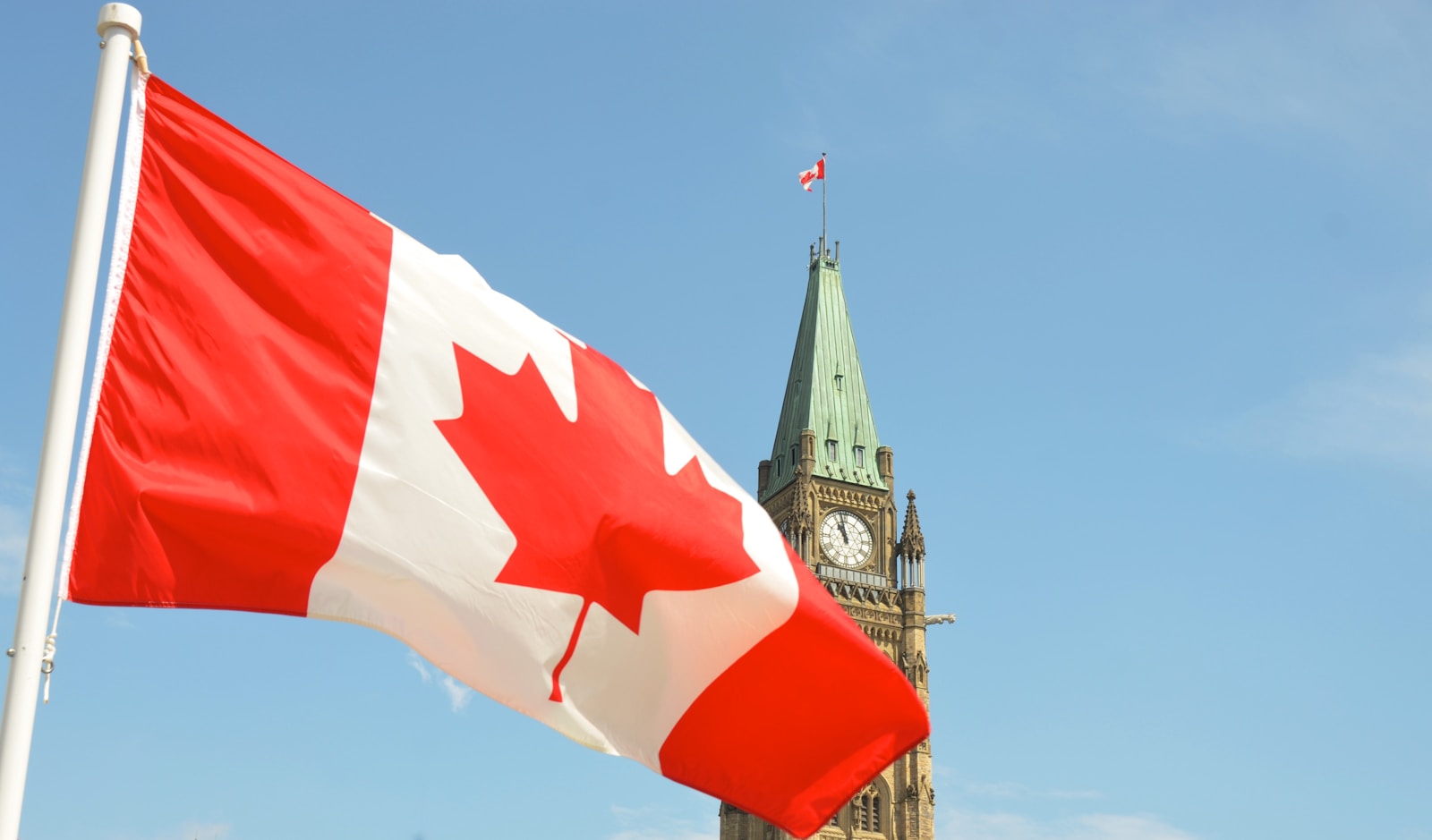Key Takeaways
• President Trump blasted Canada on social media over a television ad featuring Ronald Reagan.
• He called Canada’s trade message a “fraud” and paused talks over tariffs.
• The Wall Street Journal’s conservative editorial board slammed Trump’s “tariff tantrum.”
• WSJ says the move raises costs for U.S. consumers and hurts business confidence.
• Experts worry the dispute could set a tense tone for future trade policy.
Trump’s Tariff Tantrum Shakes Up Trade Talks
President Trump erupted on his social media platform after a Canadian ad showed former President Reagan. The ad argued against using tariffs as a routine economic tool. In response, Trump accused Canada of meddling in a pending Supreme Court case about his tariffs. Soon after, he suspended trade talks with Canada. This outburst quickly became known as the tariff tantrum.
Trump’s Social Media Blast
On his platform, Trump wrote that Canada hoped the U.S. Supreme Court would rescue it from his tariffs. He called the ad a “fraud” meant to sway judges. Moreover, he said Canada had long used high tariffs to hurt the United States. Then he warned that the U.S. could now defend itself against heavy Canadian levies and those from other countries. In fact, he ended formal talks with Canada right after posting his rant.
Reagan Ad Sparks Firestorm
The contested ad featured clips of Ronald Reagan speaking about the dangers of tariffs. It ran on television networks in Ontario. It urged viewers to challenge the idea that tariffs protect jobs and industries. Instead, it argued that tariffs raise prices for consumers and harm global stability. Trump saw this as a direct attack on his economic plan, which puts tariffs at its center. His critics say he misused Reagan’s legacy to defend a policy Reagan once opposed.
WSJ Criticism Hits Home
On Sunday, The Wall Street Journal’s conservative editorial board weighed in. They labeled the president’s reaction a “tariff tantrum.” The board noted that the MAGA crowd often ignores Reagan today, but Trump still cares what Reagan said. They added that Trump’s tariffs have so far avoided serious retaliation. However, they warn that higher costs have hit both consumers and businesses. The board wrote that Trump has no right to twist Reagan’s own trade beliefs.
What Trump’s Tariffs Mean
Trump has made tariffs the heart of his economic agenda. He argues they protect American workers and industries. Yet, economists warn that they also push up prices on everyday goods. For example, steel and aluminum tariffs have raised costs for carmakers. In turn, customers may see higher prices on new vehicles. Furthermore, companies that rely on imported parts can face delays and extra fees. Therefore, many businesses feel less confident about investing and hiring.
Trade Talks on Hold
Because of his tariff tantrum, formal negotiations with Canada have stalled. Officials on both sides now face a chill in relations. Canada depends heavily on U.S. trade, and vice versa. A long pause in talks could affect sectors like agriculture, energy, and manufacturing. Moreover, if the dispute drags on, other countries might rethink their own deals with the U.S. Meanwhile, industries on both sides worry that uncertainty will slow growth.
Why the Tariff Tantrum Matters
This episode matters for several reasons. First, it shows how quickly trade policy can become personal. Second, it highlights tension between political theater and economic reality. Third, it raises questions about the role of the Supreme Court in trade disputes. Finally, it could influence upcoming trade decisions with other allies. In short, Trump’s tariff tantrum may leave a lasting mark on global commerce.
What Comes Next
For now, both Washington and Ottawa watch closely. Canada may respond if the U.S. holds firm on tariffs. It could launch a formal complaint with the World Trade Organization. On the U.S. side, Trump might keep using social media to pressure allies. Lawmakers and business leaders will likely call for calm. They want clear rules and steady negotiations, not sudden outbursts.
FAQs
What did President Trump say about Canada?
He accused Canada of running a “fraud” ad that used Reagan’s words to undo his tariffs. He then paused trade talks to protest the message.
Why did The Wall Street Journal call it a tariff tantrum?
The journal’s editorial board saw Trump’s outburst as a childish overreaction. They argued it hurt consumers and businesses by raising costs.
How could these tariffs affect American shoppers?
Higher tariffs on imports often translate into higher prices in stores. Products like cars, electronics, or clothing could cost more if tariffs rise.
Could this dispute reach the Supreme Court?
Yes. Trump’s claim suggests that Canada hopes the Supreme Court will limit his tariff powers. The court could take up a case that tests those powers.

